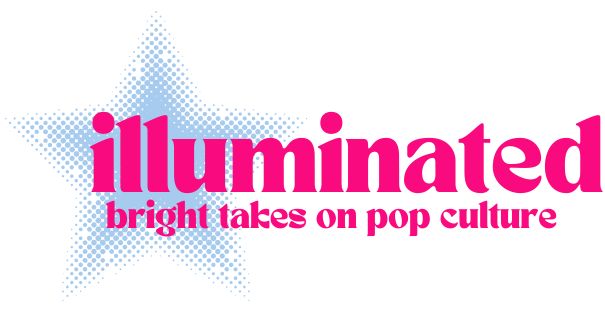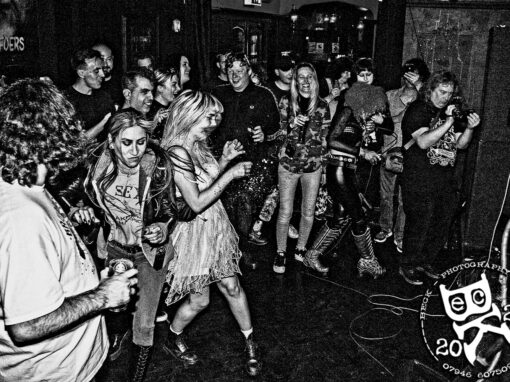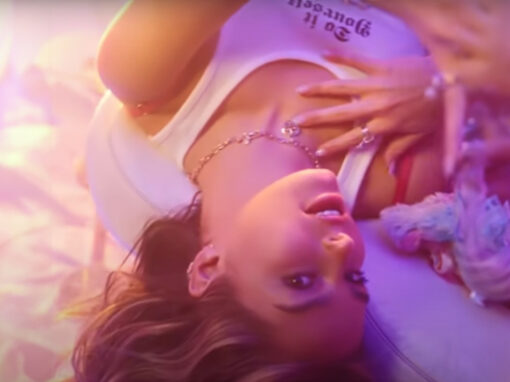Image by Pexels from Pixabay
From viral slang to internet catchphrases, pop culture constantly shapes how we communicate. This feature explores its origin, impact and what’s next for pop dialect.
Pop culture and viral trends have always contributed to the way we speak but where do these trending words and catchphrases come from and how do they evolve? Sociolinguist Christian Ilbury helps us understand that what starts as a niche community-based dialect often transforms into mainstream vocabulary through cultural exchange and more recently, social media.
Ilbury explains that ‘meme culture’ plays a key role in this process and defines it as, “a type of digital content that has some recognisable meaning or cultural reference that is intended to be shared and then remixed by other people.” So, just as images and videos can be reshaped and go viral, language follows a similar path, evolving and gaining mainstream traction through digital communities.
The roots of pop culture language
There are many phrases that we associate with modern internet culture that actually have deep historical roots. Ilbury explains that, “Phrases like spill the tea, slay and yas queen actually have a much longer history than digital culture. All of this language is from a variety called African American Vernacular English, which is a variety spoken by black Americans and if you look at the literature there, people have been using these phrases way before the internet was invented.”
African American Vernacular English (AAVE) has long influenced mainstream English, Ilbury highlights cool as an example of a word that was once considered slang but is now widely accepted as standard English in today’s society. It has been recognised that AAVE has influenced English particularly through music and television. Ilbury supports this by saying, “Some of these phrases have been a part of the queer community for some time. So if you watch Rupaul’s Drag Race, for instance, you know Rupaul often says phrases like shade and spill the tea and this is because there was a shared cultural exchange between the queer community and African Americans in the form of what’s called ballroom which is a part of queer subculture.”
The social media effect
The internet, and especially social media platforms like TikTok and X have contributed to the spread of such language. However, Ilbury worries that this exposure can lead to misconceptions that certain expressions have originated through the internet rather than the cultures that originally developed them.
Ilbury notes that it is common for people to mistake AAVE terms as TikTok language simply because they encounter them on the platform without knowing their historical context. He explains how social media increases the visibility of these words, allowing people in places like the UK, who may have never interacted with AAVE speakers directly, to adopt and use the terms in everyday conversation. He reinforces that, “It’s a legitimate dialect and it’s a dialect spoken by black Americans, it is not an internet language but it becomes ideologically perceived as a meme style.”
How do young people drive language change?
Language is always evolving, but young people play a particularly strong role in shaping new linguistic trends. Ilbury explains how the younger generation have a desire to differentiate themselves from the younger and older generation, “We often think of young people as the leaders of linguistics change because they make and use new language to differentiate themselves from these two categories of people.”
Ilbury outlines that this is the reason slang tends to move quickly; once a word is adopted by parents or other adults, it loses its appeal to younger speakers. For example, the word skibidi, a nonsensical term that was popularised on TikTok is widely used among teenagers simply because it signals belonging to their peer group. Ilbury points out that, “It means absolutely nothing and it is just a theme so as soon as a teacher or a parent knows what that means, younger people will stop using it because it becomes pointless.” Showing how some words exist purely as social markers rather than for their meaning.
The future of pop culture language
While many people view dictionaries as the ultimate authority on language, defining what is and isn’t considered “proper” English, Ilbury emphasises that dictionaries should serve as records of language evolution. He argues that if people actively use and understand a word, whether it has circulated from a social media trend created by the younger generation or another cultural influence, it deserves to be recognised and included.
However, Ilbury also acknowledges that predicting language change is difficult, “That is why looking at young people’s dialect is so interesting because I would have never predicted the next trending word to be skibidi.” Therefore, as new platforms emerge and digital communities continue to shape the way we communicate, language will keep evolving in unpredictable ways, just as it always has.
For more stories on Social Media click here: https://illuminatedmag.co.uk/social-media/





